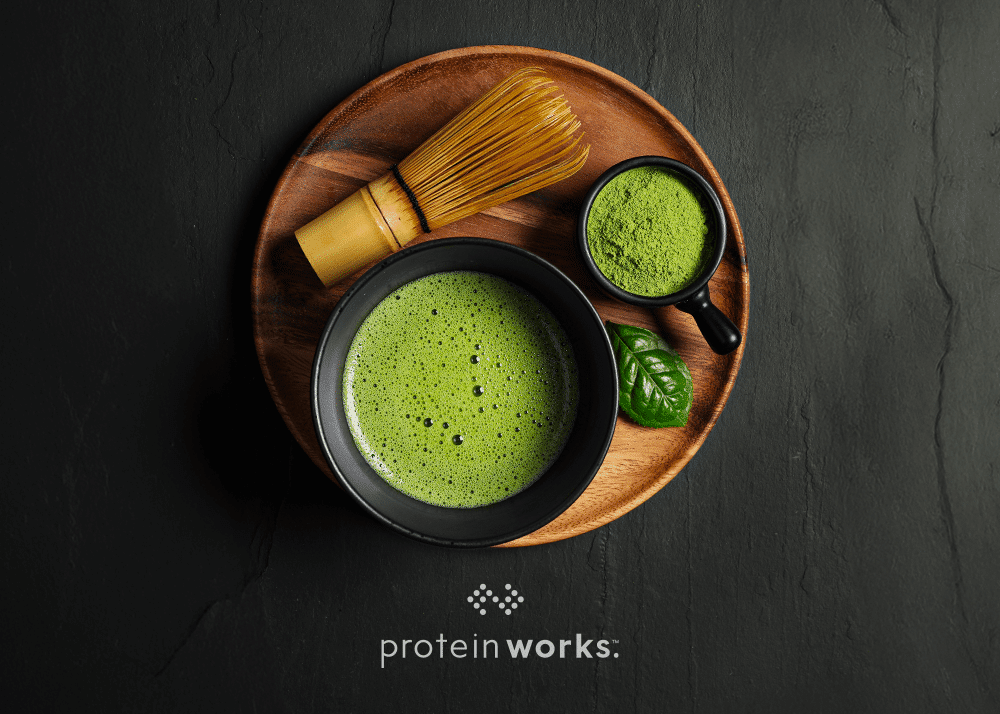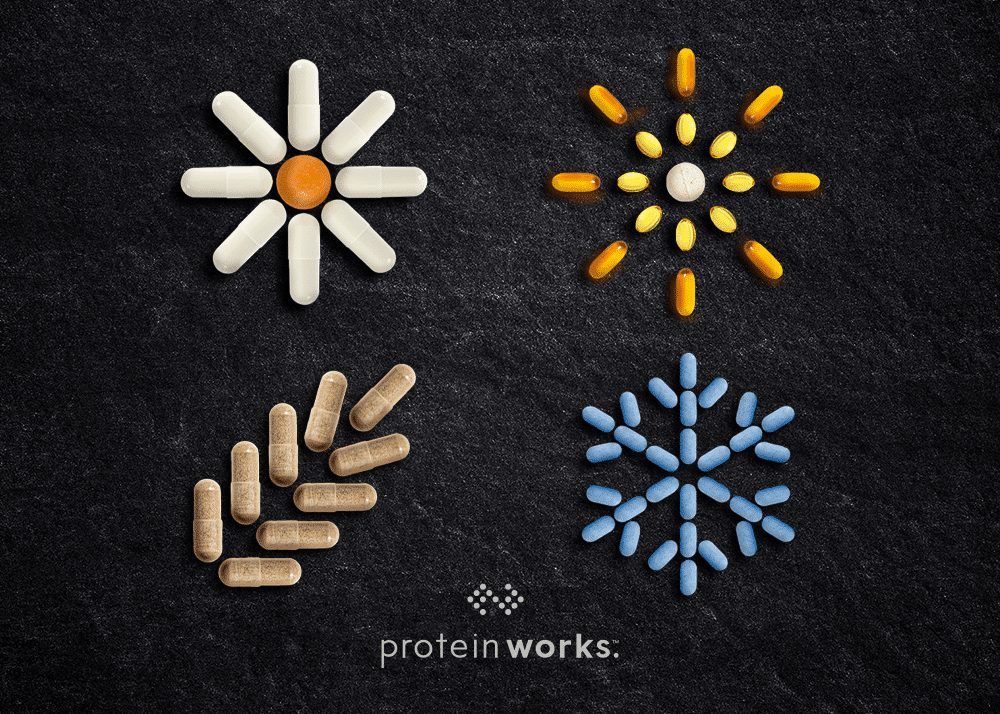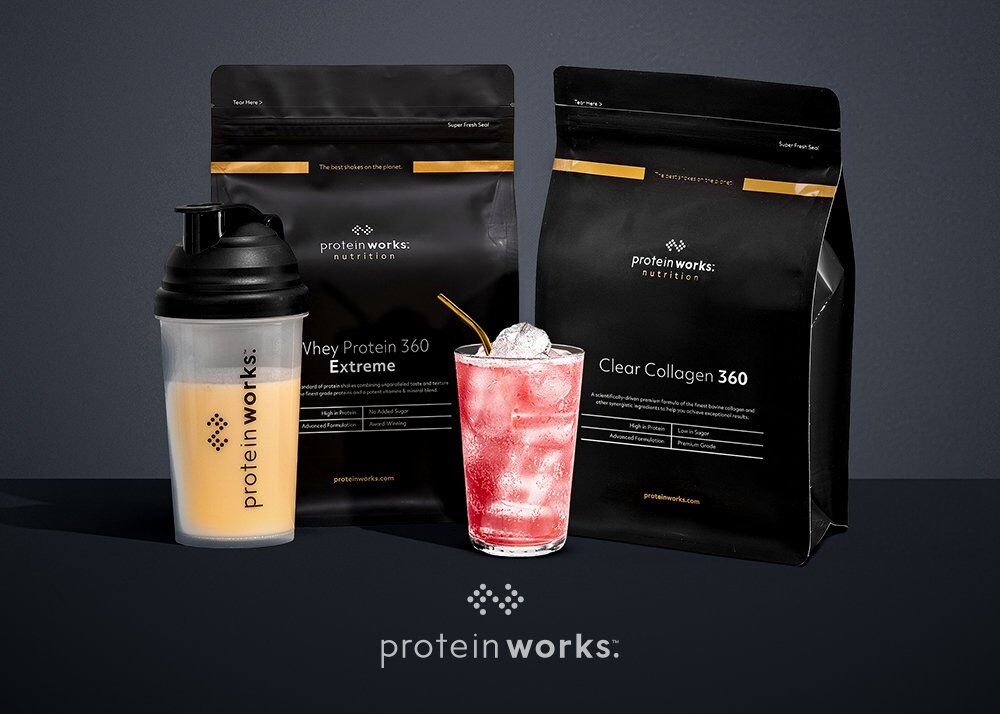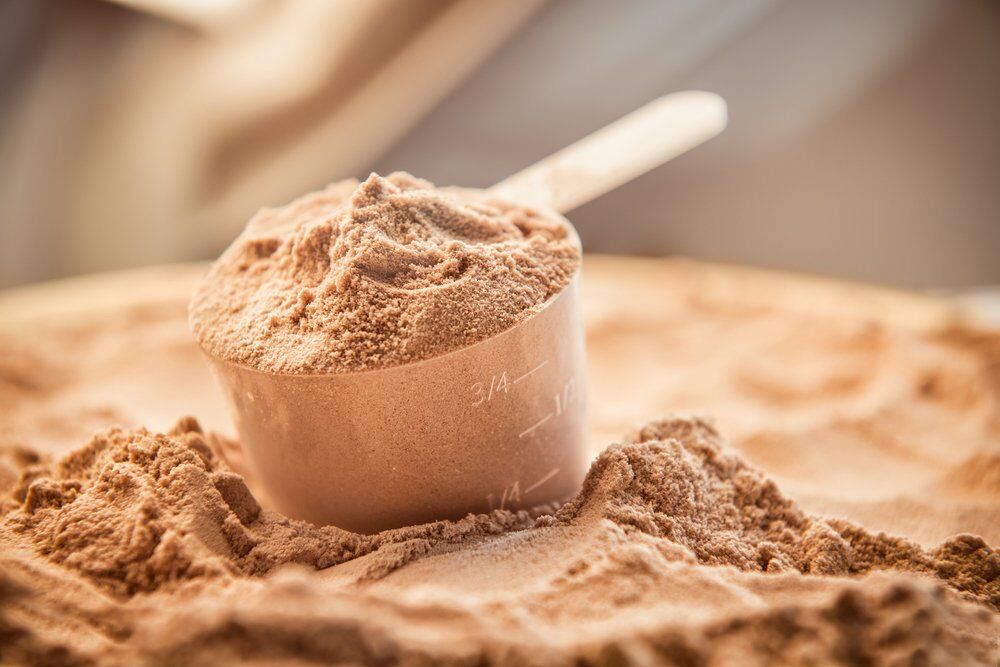
Our Gluten Free Supplement Guide
If you are a coeliac or have non-coeliac gluten sensitivity (often called gluten intolerance) then you are probably used to double-checking ingredients lists of foods and menus to make sure that you don’t contain gluten. But what about supplements?
Coeliacs have a greater need for supplements than most people as problems with absorption can affect vitamin and mineral levels. This guide will help you to identify which supplements you need if you are gluten free, and it will also help you to avoid supplements that contain gluten.
 What Supplements Does a Gluten-Free Person Require?
What Supplements Does a Gluten-Free Person Require?
Finding supplements for coeliacs and non-coeliac gluten sensitivity sufferers is not about curing their condition, it is about addressing nutritional deficiencies that can arise when you are removing foods from your diet and not being able to fully absorb some nutrients.
One of the first supplements you should consider purchasing are multivitamins. This will help to top up your diet, particularly nutrients such as iron that are often found in foods that contain gluten such as cereal.
B vitamins, calcium, zinc, vitamin D, and magnesium are all vitamins and minerals that should be supplemented, most of which are covered by a multivitamin. Though calcium can be found in dairy and green leafy vegetables, and vitamin D can be synthesised from sunshine.
Other than that, a gluten-free person will benefit from the same supplements that anyone else would. Protein shakes, creatine, caffeine, beta-alanine, whatever works.
Fibre supplements are another great idea, but these need to be chosen carefully as many of them will contain gluten. Fibre supplements that are derived from psyllium husks are fine to take, though some people can be allergic to psyllium so keep that in mind when picking which supplement to buy.
 What to Be Careful of When Supplementing
What to Be Careful of When Supplementing
Considering supplements often come in powdered or pill form, many gluten-free people probably don’t give them a second thought. But actually, many supplements may not be suitable for coeliacs or for non-coeliac gluten sensitivity sufferers.
Some supplements and medication use things called excipients, these are non-active ingredients that are added to help stabilise the active ingredients or to provide bulk. Some of these excipients are not suitable as they may contain gluten. Often corn, but sometimes wheat.
Another issue with some supplements is cross-contamination during manufacturing, though celiac.org points out that this is extremely unlikely.
While it is uncommon to find gluten in your supplements, it is still possible, and you should always be extra careful when reading the ingredients list. Luckily, many supplements are now labelled as gluten-free which can help you to find the perfect product for your needs.
What to Look for in Protein Powders
Hitting your protein targets is very important, whether you are able to eat gluten or not. Adding protein powder to your diet is a great way of hitting your protein targets cheaply and efficiently. Most protein powders are made from whey, and should therefore be gluten free, but this is not always the case.
The Protein Works has a dedicated section of protein powders that are gluten free, just so that you can be 100% certain that your protein shake is gluten free and not going to cause you any issues. Our whey protein 360 is a great way to hit your protein targets while staying gluten free. Alternatively, you could try our vegan Wondershake which is completely free of gluten and uses a Quadplant protein blend (pea protein isolate, hemp protein, soy protein isolate, brown rice protein) to pack 21 grams of protein in a 25 gram serving.
 Final Thoughts on Gluten Free Supplements
Final Thoughts on Gluten Free Supplements
If you can’t consume gluten, then you absolutely need to look at ways to manage your diet with supplementation and dietary changes. Ensuring that you hit your B vitamin, calcium, zinc, iron, vitamin D, and magnesium levels is crucial. Finding fibre in foods such as flax seeds, fruits, and vegetables is also beneficial.
Finding supplements to help you exercise and recover better may also be important. Protein powders (for example) are just as important if you are avoiding gluten, as is creatine, and similar performance enhancers.
But finding the right supplements isn’t just about filling gaps in your diet, you also need to be certain that the supplements themselves aren’t going to cause you any problems. If your supplement has gluten in it then you’re taking a backwards step.
Learn how to read supplement ingredients lists like you would read the ingredients list of a food or drink. Luckily, many supplement companies such as The Protein Works now list allergens in bold on their ingredients list, making it easier than ever to avoid them.
As with all supplement advice, what works for you may not work for someone else with exactly the same condition (and vice versa). Talking to your doctor or (ideally) a dietician is the best move you can make as they will be able to give you specific advice.


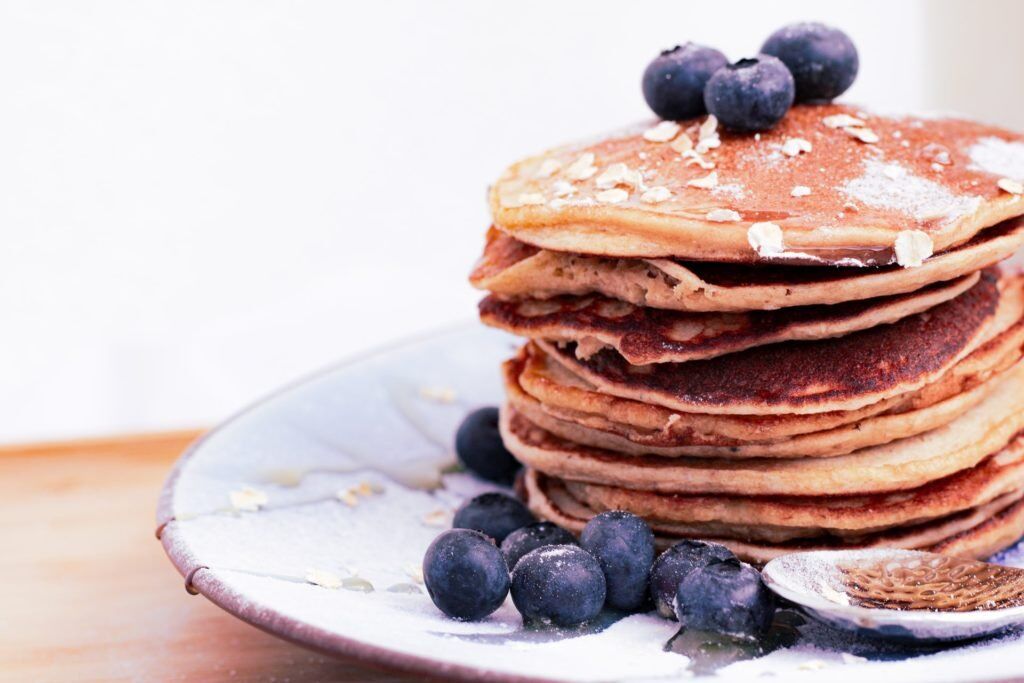 What Supplements Does a Gluten-Free Person Require?
What Supplements Does a Gluten-Free Person Require?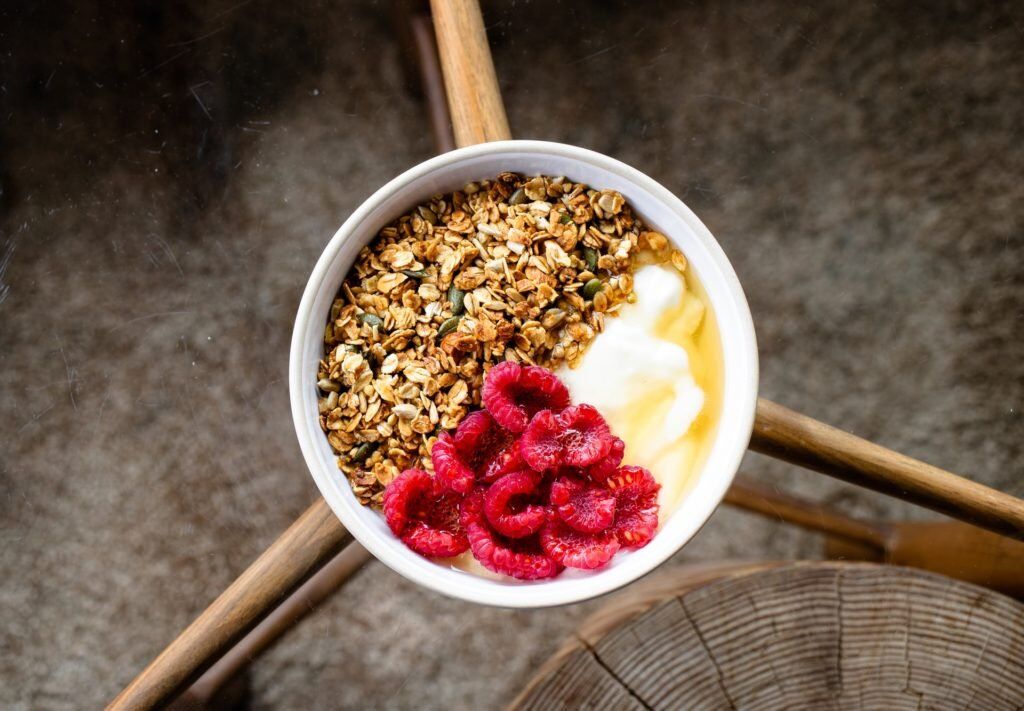 What to Be Careful of When Supplementing
What to Be Careful of When Supplementing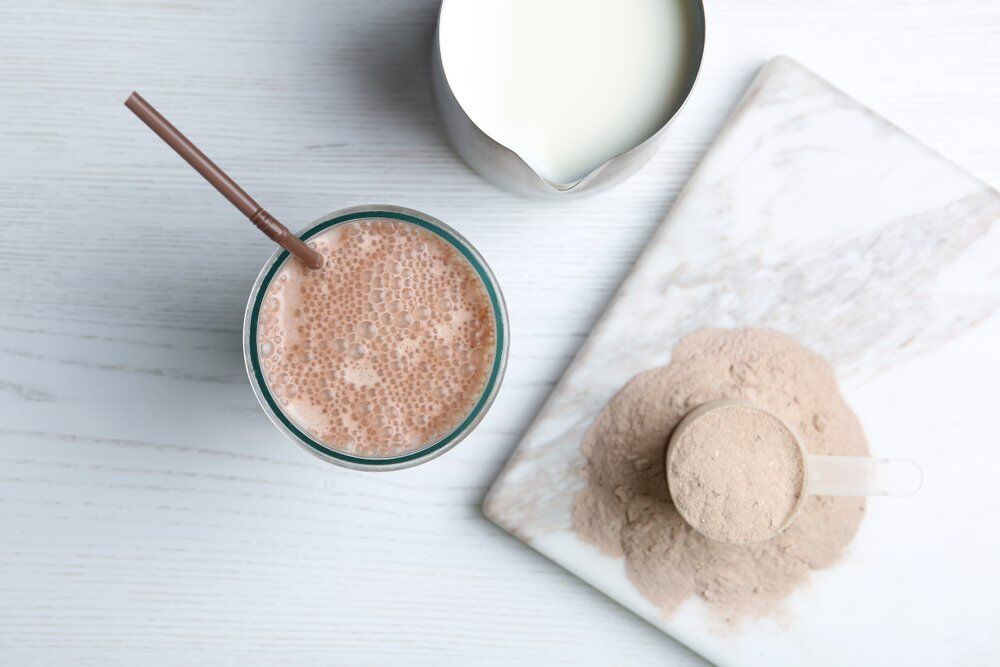 Final Thoughts on Gluten Free Supplements
Final Thoughts on Gluten Free Supplements